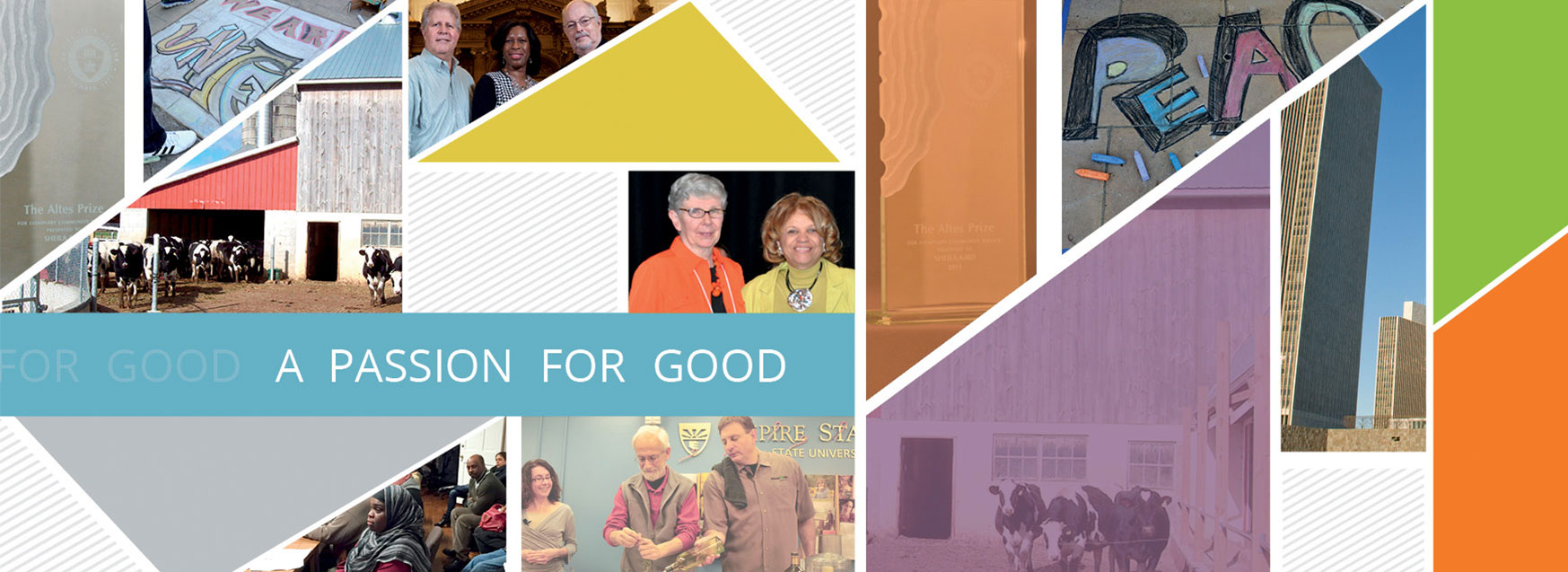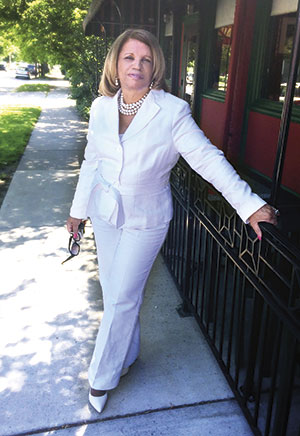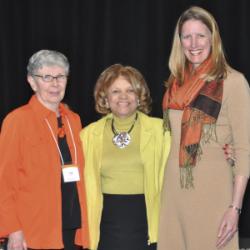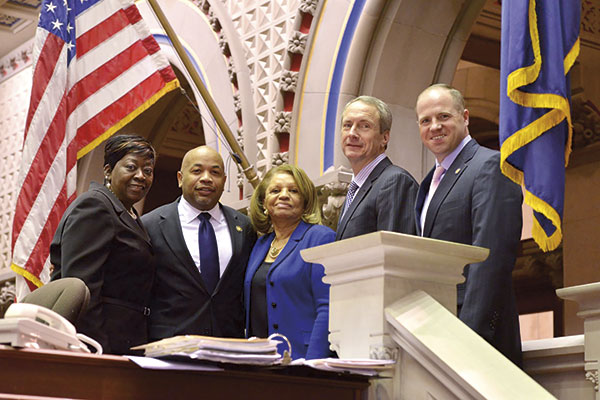
From Health Care to Higher Ed: Giving Back
by Hope Ferguson

Catherine Collins, RN, NP, Ed.D. and associate professor in Community and Human Services at the college’s Buffalo location, knows about the challenges of being a working adult student, and she brings that empathy to her work when she mentors her students. She worked her way up from nurse’s aide to an LPN to an Ed.D. “I guess that’s why I sympathize with them,” she says. “I was fortunate, because I didn’t have any student loans when I came out of school. I was debt free. I like the fact that you can go to school to get training and use that as a stepping stone.”
After completing high school in three years, Collins landed a job working as a nurse’s aide in a children’s hospital, sterilizing equipment and laying out all the instruments for use by the surgeons and those assisting. Seeing children get serious operations, including open-heart surgeries, had a profound impact on her and fueled her desire to make a profession of nursing. Although she loved the hospital environment, she earned a living for several years as a seamstress, a skill learned from her mother.
“I was able to make enough money to pay for nursing school,” Collins explained. She became an LPN after a nine-month program and then went to Trocaire College, where she earned her RN while working as an LPN. From there, she became assistant head nurse in the obstetrics department’s delivery room. Though she loved what she was doing, she wanted to keep going, and did. She finished her Bachelor of Science in vocational educational and master’s degree in allied health education curriculum development from the University at Buffalo, with a certificate in vocational education. At that point, she began building experience as an educator that would serve her in unexpected ways. She taught a class in practical nursing for many years, while continuing to work full time.
Collins also completed a nurse practitioner program, the highest designation for a nursing professional, from the University of Buffalo’s Nursing School. In 1990, she was awarded a doctorate degree. It took eight years.

The whole time Collins was advancing her education, she also was devoting herself to needs in the community and to her two children.
Collins received the Altes Prize for Exemplary Community Service for 2014 at the All College Conference, in recognition of her work on behalf of black women, whom she believes have special concerns: inadequate health care, poverty, a greater risk for serving time in jail or prison and the challenges of reintegrating into the community afterwards. She has served on the state Board of Corrections’ Medical Review Board, volunteered to provide health care at hospitals and clinics, cared for women with a variety of illnesses, including HIV, diabetes and Alzheimer’s, and worked with the homeless. From 2004 to 2009, she served as a member and officer of the Buffalo Public Schools Board of Education, an experience that ultimately led to her appointment in March as one of only 17 members of the powerful New York State Board of Regents, which is responsible for the general supervision of all education activities in the state.

“This is a culmination of all of the knowledge I have gained teaching in various capacities, from my work at the elementary-school level, to junior college, to university and Empire State College and serving on the Buffalo school board.”
She has written several scholarly books that are accessible to the lay audience on the topics of women and prisons, black women’s health care, social issues concerning black women and black girls and adolescence.
What motivates her? Collins sums up her philosophy in the words of the old Negro spiritual: “If I can help someone along the way, then my living will not have been in vain.”
Photography Provided